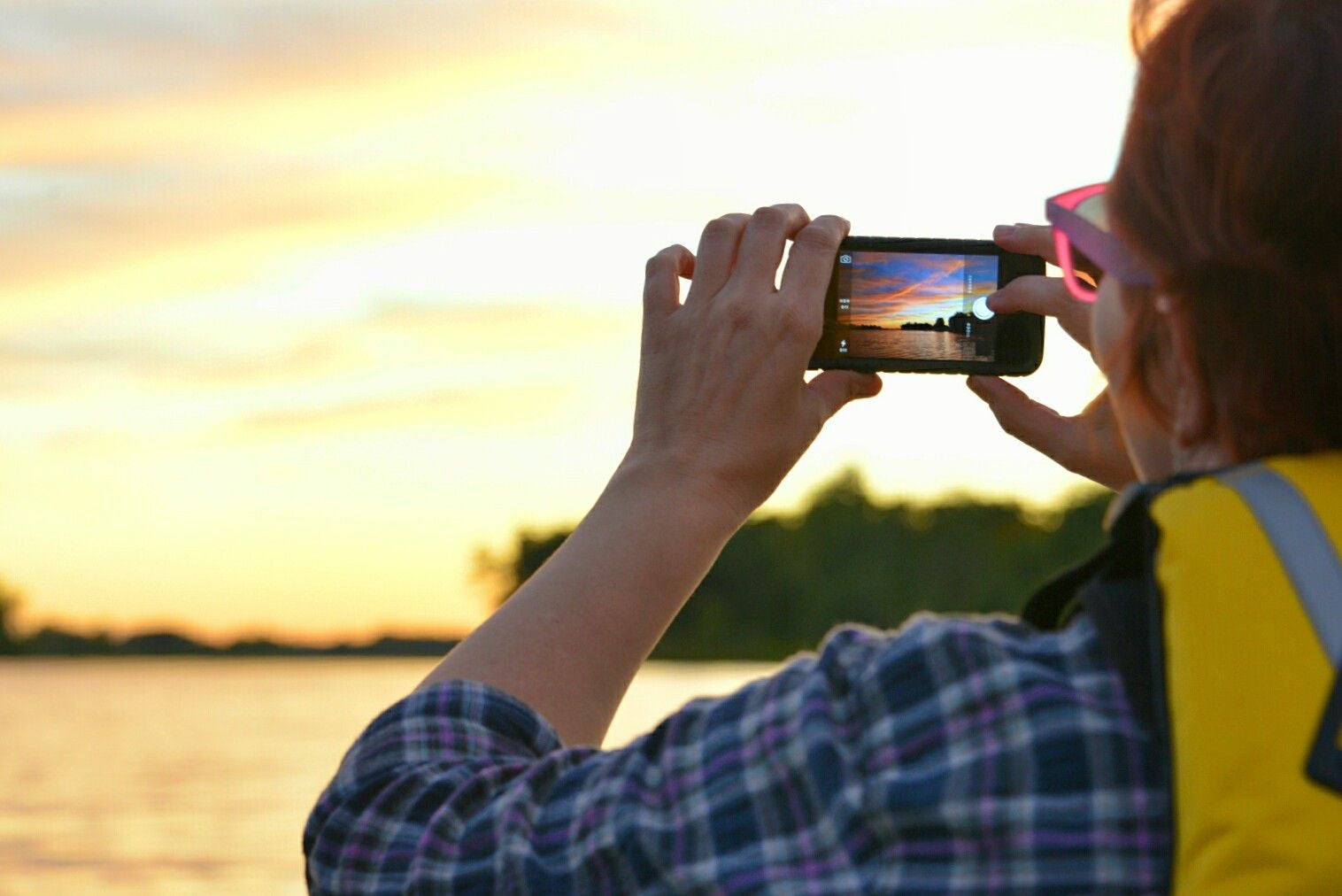What Americans really want when they go camping: free Wi-Fi at the campsite
Traveling to a national park or wilderness area and “camping out”—pitching a tent, cooking over portable stoves, possibly enduring a few days without showers or toilets—is a timeless tradition in America. Approximately 40 million people go camping in the US each year, although the number of them who pitch their own tents or forgo indoor plumbing while doing so is undoubtedly smaller. Modern camping increasingly includes cabins, RVs, and even yurts. (Be advised: If you’re staying in a yurt, you’re probably “glamping.”)


Traveling to a national park or wilderness area and “camping out”—pitching a tent, cooking over portable stoves, possibly enduring a few days without showers or toilets—is a timeless tradition in America. Approximately 40 million people go camping in the US each year, although the number of them who pitch their own tents or forgo indoor plumbing while doing so is undoubtedly smaller. Modern camping increasingly includes cabins, RVs, and even yurts. (Be advised: If you’re staying in a yurt, you’re probably “glamping.”)
According to a recent survey by a North American campground association, the main reasons people say they go camping are to “reconnect with nature,” “reduce stress and relax,” and “spend more time with family and friends.” It’s interesting, then, that one of the amenities people care most about when selecting a campground is access to free Wi-Fi.
Among roughly 3,000 people surveyed for the Kampgrounds of America study, a preference for free Wi-Fi ranks even higher than a desire for safety lighting, cabins, and campground stores with food and gear for purchase. It’s still not quite as important as “clean and well-maintained bathhouses/restrooms,” which 50% of the survey respondents cited as an important campground amenity, making it the most popular choice. But free Wi-Fi is valued by 19% of the respondents, putting it just behind the second-most widely shared concern of campers, which is whether a campsite is “kid-friendly.” (That’s something valued by 20% of campers.)
In 2013, the US National Park Service discussed offering Wi-Fi and better cell service in portions of its parks in order to attract more visitors and hopefully get itself out of debt. The head of the National Park Hospitality Association testified to a US Senate committee that “there has been a significant drop in overnight stays in national park campgrounds,” attributed in part to the rise of “private campgrounds [that] have adapted to today’s campers.” He argued that National Park Service campgrounds “need to be upgraded to include sites with utility hookups, Wi-Fi, dumpstations and other features that will better serve 21st Century campground users.” A reporter for Outside magazine who considered the testimony was not impressed: “Who is this 21st Century camper?” she asked. “Is it you? Me? Why does this 21st Century camper visit National Parks? How much connectivity does he or she expect?”
A lot, apparently. The Kampground survey found that 83% of all campers bring their cell phones with them when they go camping—even more than the 32% who say they bring GPS devices. And 70% of the survey respondents said they go online at least once during their camping trips, either with a phone, computer, or tablet. Most of them say this is to check email or upload pictures. As the report states, “It appears that many campers are using social media to share their camping experiences during the experience versus waiting until they are home.”
The desire to document and share experiences without delay is, of course, more common among millennials, who are driving consumer markets right now. It’s what catapulted GoPro to ubiquity, and it’s what GoalZero’s marketing VP Jonathan Munk attributes some of his company’s success to: GoalZero’s portable solar power chargers have become must-haves for GoPro-toting adventurers who want their devices powered up all the time. “We think of ourselves not so much as a portable solar power company, but as experience enablers,” Munk told Quartz a few months ago. He says that millennials are more attuned to the social aspects of outdoor adventure, and that the concept of “on or off grid” is hardly top of mind for them; “they just see themselves as always connected.”
However, psychologists say, and many of us intuitively know, that unplugging from mobile devices and the internet reduces stress, enhances awareness of surroundings, and strengthens relationships with people who are physically present—for example, the family members on a camping trip together.